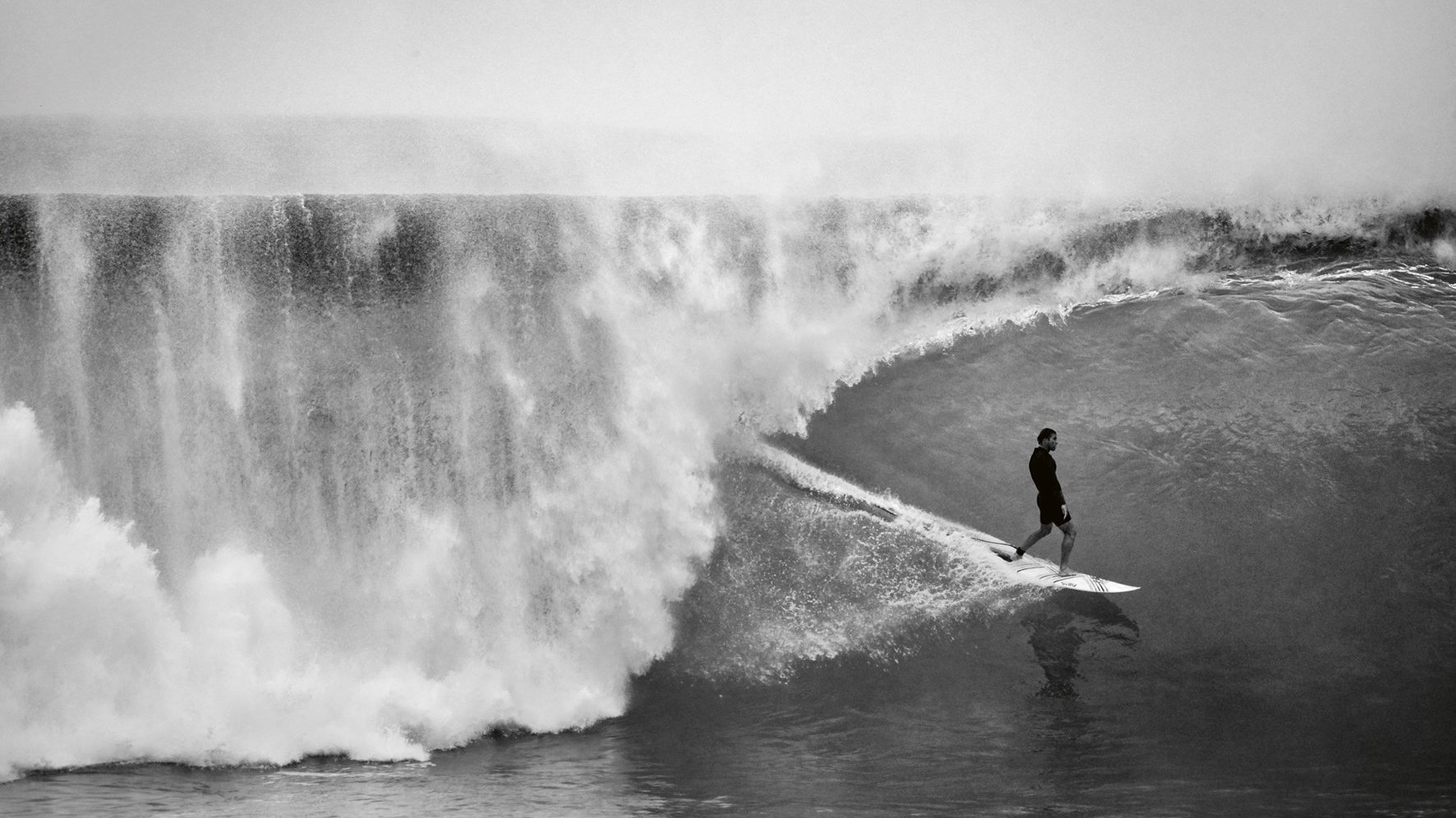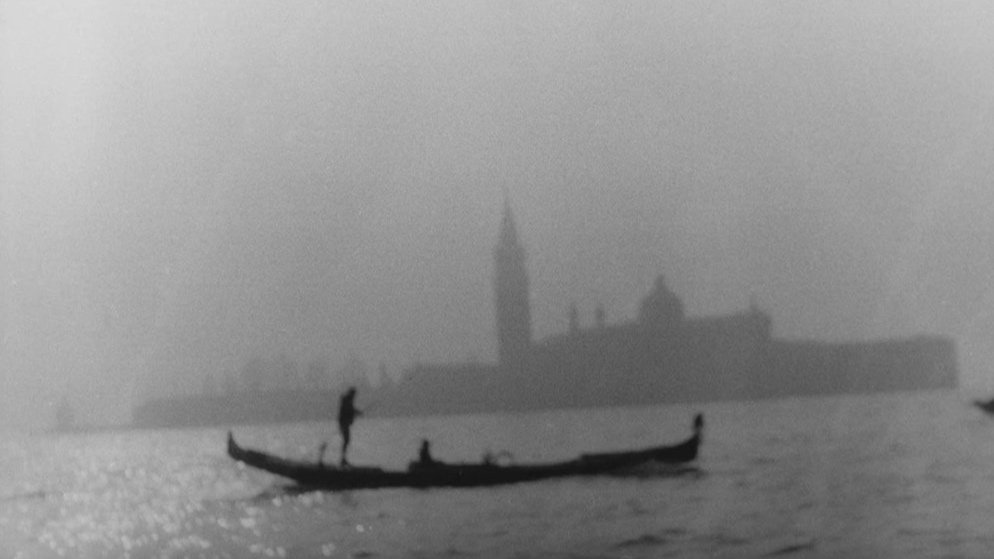Exploring 'Hong Kong After Hong Kong': Chung-Wai's Pictorial Ode
Welcome to this edition of [book spotlight]. Today, we uncover the layers of 'Hong Kong After Hong Kong,' by Wong Chung-Wai . We'd love to read your comments below about these insights and ideas behind the artist's work.
Entering the revelatory world of photography just in 2020, Wong Chung-Wai has since traveled an artistic journey that speaks emotions, resonates time, and captures transitions. Driven by the imminent decision to leave his birthplace in late 2020, Chung-Wai's creativity found an outlet in a photo book project that seamlessly blended bitter departures, nostalgic yearnings, and the uncertainty of returns. His vision strived to wander not just through the quintessential Hong Kong imagery but capture profound and intimate vignettes of a beloved city he was soon to leave. Carrying this emotional burden, amidst the ticking countdown to boarding a plane, every image was a tender narrative moment etched in its raw authenticity.
Born in Hong Kong and having worked in the film industry as a location manager and scout for many years, Chung-Wai is no stranger to the art of portraying souls of places on any visual medium. His parents, immigrants from mainland China who built a life in Hong Kong forty years ago, also left influential footprints on his pictorial storytelling. Against the socio-political backdrop of Hong Kong's changing colors, his photographic voyage documents the heart-tugging turmoil of displacement and migration as he experienced it.
Hong Kong After Hong Kong is Chung-Wai's inaugural monograph, a visual elegy dedicated to the city he left behind. The photographs are gripping extensions of Chung-Wai's emotions, portraying Hong Kong's contrasting strokes—the cityscape merging with nature, an intermingled tapestry of ancient and contemporary, and the interplay of artificial and natural illumination. The solo figures immersed in cinematic settings, the deserted locales in one of the world's densely populated cities, are all poignant encapsulations of his introspective saunter through Hong Kong.
Motivation and Inspiration: What motivated you to document Hong Kong in the months leading up to your departure, and how did you select the scenes and moments to capture?
I ‘discovered’ photography in 2020 and began to look at it and learn about it as an art form. I found myself really into photo books, to me it is powerful to tell a story with images and sequencing. I started to think if I ever create any photography works, I want it to be published in a photo book form.
In late 2020, I decided to leave Hong Kong. I became unsettled about leaving the place where I was born and raised. I asked myself ‘What do you want to stay with you if you are leaving a place?’. I feel like I need to work on something to capture and express this feeling. Leaving a place that I love and don’t know if I will ever return.
Photography is the best way to do this. And publishing a photo book was my goal from the beginning.
I was working on this project with a deadline, the deadline that I needed to get on a plane. So I’ll need to be productive in the 6 months that I’ve got. The first thing I know, I will need to avoid anything or any place that is typical/iconic ‘Hong Kong’, I don’t want to make only beautiful images. I want to make something profound, something with honesty and an intimate quality.
At first, I created a list of places, items, types of people and emotions that I would like capture and to take pictures of. However, the list is more like a guideline, I didn’t really stick to it. What I did most of the time was to start the day with a place on the list, and then I’ll begin to wander around the area. Usually, the best images I took were on the way from one place to another.
Emotional Connection: How did your personal feelings and connection to Hong Kong influence the way you approached this project and interacted with the city during your final months there?
During the photo taking process, I would say my approach or intentions have shifted toward a different direction. At the beginning, I was more focus on places I’ve been to, so it’s more about the past. But when I continue developing this body of works, I kept asking questions to myself. What makes me follow the footsteps of my parents forty years ago, to escape from socialist China once again. What is the force behind all these? Pushing people away from their homelands. What is this modern migration wave means to a place, to a clan, to a family, and to a man?
I realized this work is more than personal, it is also a conversation about the complexity of HongKongers' identity and cultural roots. By displaying the sense of change in Hong Kong, in terms of time and emotions. These images show a certain kind of atmosphere in the city at that period of time.
So, to me, it’s more about if I can find something that can reflect my inner feelings at that period of time. The result is a combination of landscape, portraits and still life images.
Photographic Technique: Your work captures the contrasts and contradictions of Hong Kong. Can you discuss your photographic techniques and how you used them to highlight these aspects?
Yes, the word complexity was on my list.
But I believe I wasn’t intentionally using any kind of photographic technique. In fact, I tried to remind myself not to think of any technique, gear or other photographers’ previous works. I should be only concentrating on finding that emotional touch in the images. To do that, I believe in putting yourself in that state of mind (for me was sadness and feeling powerlessness) and those feelings will naturally transfer to your works.
Solitude in Density: Despite Hong Kong's dense population, your photographs often feature solitary figures or empty spaces. What was your intention behind focusing on these solitary moments in such a bustling city?
I tried to avoid crowded places, I found they are distracting, I can’t feel the place and listen to myself when the place is too busy. So, somehow, I put myself into those empty spaces, or those open spaces, which could be rare in a city like Hong Kong.
And then I saw other solitary people who happened to show up. I can see myself in them.
When that happens, in the pictures, I always want to show how insignificant we are in this overwhelming city.
Cinematic Influence: Many of your images have a cinematic quality. Can you talk about any filmic influences on your work and how they shaped your visual narrative of Hong Kong?
I worked as a location manager and scout in the film industry for many years, when I scout locations, I often look for the dramatic quality of places. I think it’s part of my training. The lighting, the colours, the spaces, they all play a part in it. Once you put ‘actors’ in the scene, it implies stories. I think that works in photography too.
Parental Echoes: How did the story of your parents' escape to Hong Kong and your own departure from the city inform the emotional landscape of your photographs?
I photographed places that related to my parent’s past; the shore at the Hong Kong China border that they reached forty years ago; the remains of the Mainland Chinese migrant squatters camp where they lived. I always felt heartbroken when I think of these places and how they were connected to me.
However, I think these images not only tell the story of my family but also part of the story of Hong Kong. The majority of people in Hong Kong are migrants from mainland China after all. It was the migrants and their descendants who built this city.
Now I find this ironic and sad in a way, people came and left. Maybe Hong Kong is never meant to be a home to these people.
I like to think, that these landscape /documentary images, it's objective but also very subjective. They contain a certain kind of intimacy. Which is an essential feeling that I would like to achieve in this body of work.
Political Context: Given the political changes in Hong Kong, how do you see your work contributing to the broader conversation about Hong Kong's identity and future?
Instead of the political changes, I am more interested in people’s inner feelings under these changes, and how people’s lives in a place with such an undeniable sense of complexity and uncertainty.
When I look back on this work now. I think these photos were initially intended to record the present moment, but now they seem more to depict the past, and tell the future.
Future Projects: Having left Hong Kong for the UK, do you plan to continue documenting your experiences of migration and adaptation in your new home, and how might this project influence your future work?
Yes, after two years of living in the UK, now I can start to feel my connections to this place. Which is a good sign that I can begin to create works about this place.
I am very sure the new work that I am working on will be very different from my previous work in Hong Kong. That was about the decision to leave. But this new work will be about the search for answers. I am very excited about it.
To discover more about this intriguing body of work and how you can acquire your own copy, you can find and purchase the book here. (Amazon, Website, GOST Books)
Wong Chung-Wai (Website, Instagram)is an acclaimed Photographer, and Filmmaker. Spurning his skills in Digital Visual Design, he cemented his presence in the film industry over 15 years as a location manager and scriptwriter. In 2021, Chung-Wai surfaced as a finalist for the coveted Lucie Scholarship Program Emerging Artist Award. His body of work has graced prominent outlets such as The Guardian, AnOther Magazine, Newsweek Japan, among others. Hong Kong After Hong Kong marks his bold and emotionally moving debut into the world of monographs.
More photography books?
We'd love to read your comments below, sharing your thoughts and insights on the artist's work. Looking forward to welcoming you back for our next [book spotlight]. See you then!


















In American Bedroom, Barbara Peacock captures the unseen depths of American lives, exploring the shared threads that connect us all. Her evocative photographs invite us into the sacred space of the bedroom, revealing the hidden beauty, vulnerability, and humanity within each of us. Photography Book Spotlight